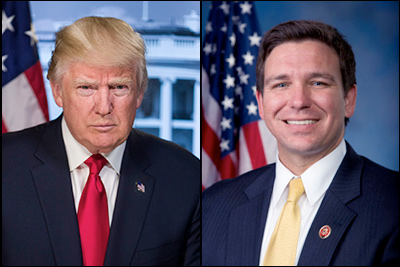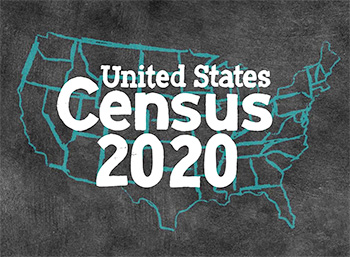By Jim Ellis — Wednesday, June 21, 2023
President
 South Carolina: Republicans Opt for Later Primary — South Carolina moving to first position is the focal point of the Democrats’ new presidential pre-Super Tuesday primary calendar, but some of the affected states are not in agreement. Georgia, for example, voted not to adopt the Democratic National Committee recommendation and New Hampshire is sure to follow suit. Michigan has agreed, and both parties will vote on Feb. 27.
South Carolina: Republicans Opt for Later Primary — South Carolina moving to first position is the focal point of the Democrats’ new presidential pre-Super Tuesday primary calendar, but some of the affected states are not in agreement. Georgia, for example, voted not to adopt the Democratic National Committee recommendation and New Hampshire is sure to follow suit. Michigan has agreed, and both parties will vote on Feb. 27.
Over the weekend, the South Carolina Republican Party convention delegates voted to hold the state’s Republican primary on Feb. 24. Democrats have already chosen Feb. 3. Therefore, it is likely the state will hold two primaries, one for each party. Holding separate primary days in this state has previously happened. Both Palmetto State parties want South Carolina to continue having a premier primary, so the state is likely to make scheduling accommodations for each political entity.
Senate
Wisconsin: GOP Convention Favors Rep. Tiffany — The Wisconsin Republican Party convention conducted straw polls of those who attended over the weekend, and though it was no surprise that former President Donald Trump out-polled Florida Gov. Ron DeSantis (53-34 percent), much of the attention fell to the US Senate contest. Since Rep. Mike Gallagher (R-Green Bay) announced last week that he would not run for the Senate, the party is in need of a strong challenger to oppose two-term incumbent Tammy Baldwin (D) next year.
A strong plurality of party delegates are now looking to Rep. Tom Tiffany (R-Minocqua), who is indicating he has some interest in the statewide race. A total of 35 percent of the delegates voted for Rep. Tiffany as their first choice to oppose Sen. Baldwin. Former Milwaukee County Sheriff David Clarke was second with 19 percent, with businessman and former statewide candidate Kevin Nicholson, ex-state Sen. Roger Roth, and businessmen Eric Hovde and Scott Mayer following with 16, 11, 8 and 1 percent, respectively. None from this group are official candidates.
House
UT-2: Special Convention, Debates Scheduled — The Utah Republican Party has scheduled the special 2nd District GOP live nominating convention for this coming Saturday, June 24 in the city of Delta, which is in the geographical center of the sprawling CD that stretches from the city of Farmington, through the western Salt Lake City suburbs and then all the way to the Arizona border. Democrats are meeting in a virtual convention on June 28.
The 2nd District Republican delegates will vote among the 13 filed Republicans to send one into the special Sept. 5 primary as the official party endorsed candidate. Democrats have three candidates including the favorite for the nomination, state Sen. Kathleen Riebe (D-Cottonwood Heights). The delegates will continue the voting process until one candidate receives majority support. This individual will automatically be placed on the primary ballot. Other candidates wishing to contest the nomination will be required to file 7,000 valid registered voter petition signatures from the party for which they are attempting to qualify.
Republican debates have also been scheduled for the special election. The northern Utah forum was held Tuesday, with the southern district event on Thursday. Rep. Chris Stewart (R-Farmington), for family reasons, is resigning his seat on Sept. 15. The special general election will be held on Nov. 21. Republicans are favored to hold the UT-2 seat which the FiveThirtyEight data organization rates as R+23.
Governor
New Hampshire: Gov. Sununu Leaning Toward Retirement — In a radio interview Monday, four-term Gov. Chris Sununu (R) said, “I don’t think I’m going to run again,” but indicated he would make a firm decision this summer.
Gov. Sununu is only the second four-term governor in state history; no one has served five terms. New Hampshire, along with neighboring Vermont are the only two states that have two-year gubernatorial terms. Already, Manchester Mayor Joyce Craig and Executive Councilor Cinde Warmington have indicated they will compete for the Democratic nomination. In an open situation, the New Hampshire state house would be a prime Democratic conversion target.







